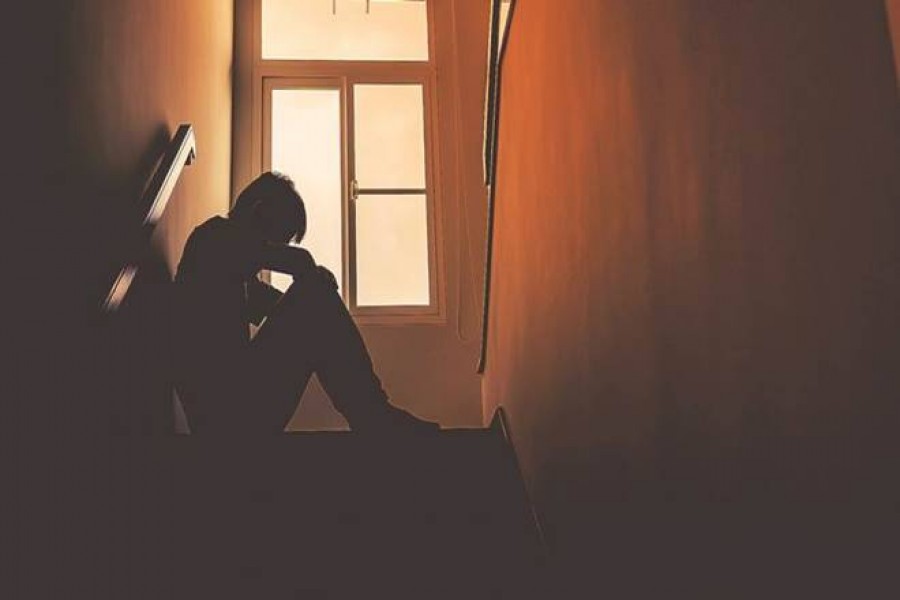The mental health situation of the country’s university students has turned to be a worrying situation with as many as 84.6 per cent experiencing mental depression in the pandemic, according to a study.
Mental healthcare was largely ignored among students amid an inadequate number of mental health professionals in Bangladesh.
Meanwhile, an uncertain future, loneliness, fear of death because of Covid, session jam, unwanted pressure for marriage were working behind such a situation, stated the study.
Aachol Foundation conducted the survey and published it on Saturday on the occasion of World Mental Health Day on October 10.
The organisation’s founder President Tansen Rose told the FE that they had recently conducted another study where they found many university students, who were facing mental problems, experiencing suicidal tendencies.
“That time we found more people commit suicide than the Covid claimed in the corresponding pandemic period. Therefore, we conducted the study to know and understand the mental health condition of students and have found the worrying scenario. Mental health is still ignored among students.”
A total of 2,552 students participated in the survey which also found that 75.5 per cent of university students lost their interest in studies during Covid pandemic while only 17.7 per cent of students said they were satisfied with online classes.
83.3 per cent of the survey respondents were between the age group 18 to 23 years, while 15.8 per cent belonged to the age group of 24 to 28 years.
The initiation of online classes led to a considerable increase in screen time where students had to sit in front of a computer or laptop most of the time. It was found that 98.3 per cent of the students faced different problems, such as decreased memory power, headache, dripping eyes, lack of concentration, and lack of sleep.
The closure of institutions resulted in decreased communication with friends, besides their regular studies along with career and personal life was deeply affected, thus resulting in the consequence of mental suffering, Psychologist Depon Sarkar said.
He emphasised counselling regularly with mental health specialists to keep up the healthy mental health.
Jobeda Khatun, Assistant Professor and Chairman of Clinical Psychology Department at the University of Dhaka, told the FE that depression among a large number of students has emerged mainly due to the changing lifestyle in the pandemic.
The changing sleeping schedule is another big cause of mental depression among students. It affects both physical and mental health, she mentioned.
Our department has already provided mental healthcare support to over 900 people including students through online campaigns. Many health service seekers are still on the waiting list meaning a growing number of people are facing mental health issues in the pandemic, said Khatun.
“Sharing mental problems or seeking mental health care remains a stigma in our society. We need to speak up over the issue and run an awareness campaign, involving our community leaders at the local level,” she continued.
People, however, have started opening up the veil of shyness and sharing their problems, Jobeda Khatun added.
We have some 500 psychiatrists and psychologists in total which is largely inadequate against the demand of such a big population in Bangladesh. We have to provide mental health education from primary schools to bring a durable change, she observed.
The government will soon provide registration to all valid psychologists in order to avoid fake treatment, she noted.


